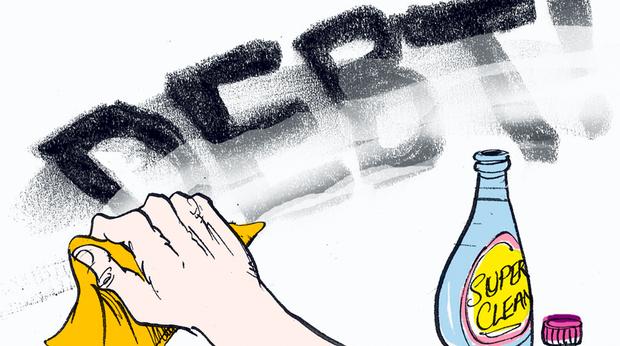
Proposed legislation to help over-indebted consumers might prove to be a double-edged sword, discouraging consumers from managing their credit responsibly, the Banking Association South Africa (Basa) warns.
The organisation was referring to the draft National Credit Amendment Bill, which was published by Parliament’s portfolio committee on trade and industry last year. Public hearings on the bill are due to be held over the next two weeks.
The draft bill permits a person who earns less than R7 500 a month and who owes less than R50 000 in unsecured debt relating to credit agreements to apply to the National Credit Regulator (NCR) for intervention.
If the NCR is of the view that the applicant requires assistance, a single member of the National Credit Tribunal can suspend all the applicant’s qualifying credit agreements in part or in full for 12 months. If the applicant’s financial circumstances do not improve, the tribunal can declare the debt under the qualifying credit agreements extinguished, either in full or in part.
Cas Coovadia, the managing director of Basa, says legislated debt intervention will accelerate irresponsible borrowing.
“Consumers who have previously repaid their debts could become disincentivised to do so, as standardised debt-intervention measures and debt-intervention criteria reward negative repayment behaviour. This will mean that consumers who have a good repayment history will no longer be rewarded for such behaviour when they apply for further credit,” says Coovadia.
Basa says it will propose to the committee that a subsidy to introduced that can be used to cover what consumers pay to use existing debt review measures.
Eugene Bester, who specialises in banking litigation at Cliffe Dekker Hofmeyr, says the preamble to the bill does not provide for debts to be extinguished, but this is exactly what it seeks to achieve.
“At first blush, the purpose of the draft bill seems innocuous. After all, debt intervention could perhaps be interpreted as a mechanism aimed at assisting consumers, but not necessarily intervention to such an extent that obligations owed by consumers to credit providers are extinguished,” Bester says.
Coovadia warns that legislating broad-based debt-relief measures could accelerate the growth of unscrupulous lending practices.
“Access to credit could potentially decrease due to potential de-risking, and the cost of credit will increase, due to a culmination of economic factors and the recent amendments to the National Credit Act.”
Neil Roets, the chief executive of debt counselling firm Debt Rescue, says most consumers are a point where they must face the fact that they cannot maintain the lifestyle they had in the past.
“It has now become a matter of survival. Opening more accounts and acquiring more store cards and credit cards is absolutely not the answer.’’
“South African consumers have consistently notched up the unenviable reputation as having one of the highest debt ratios as a percentage of GDP among emerging-market economies,” Roets said.
According to a World Bank report, South Africans are the biggest borrowers in the world.
Statistics from the NCR show that up to 10 million South Africans are severely in arrears on their debt.
